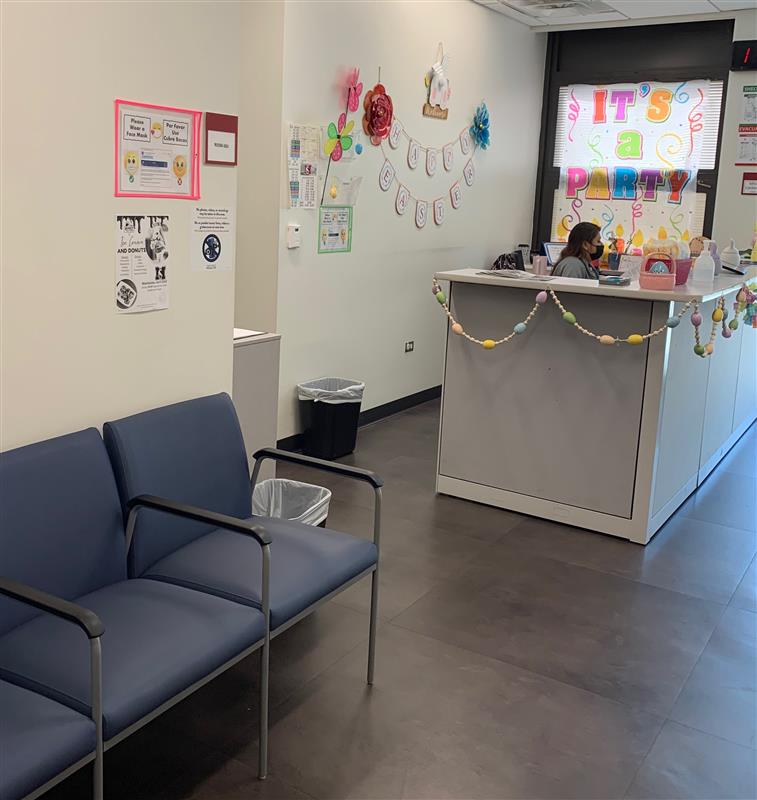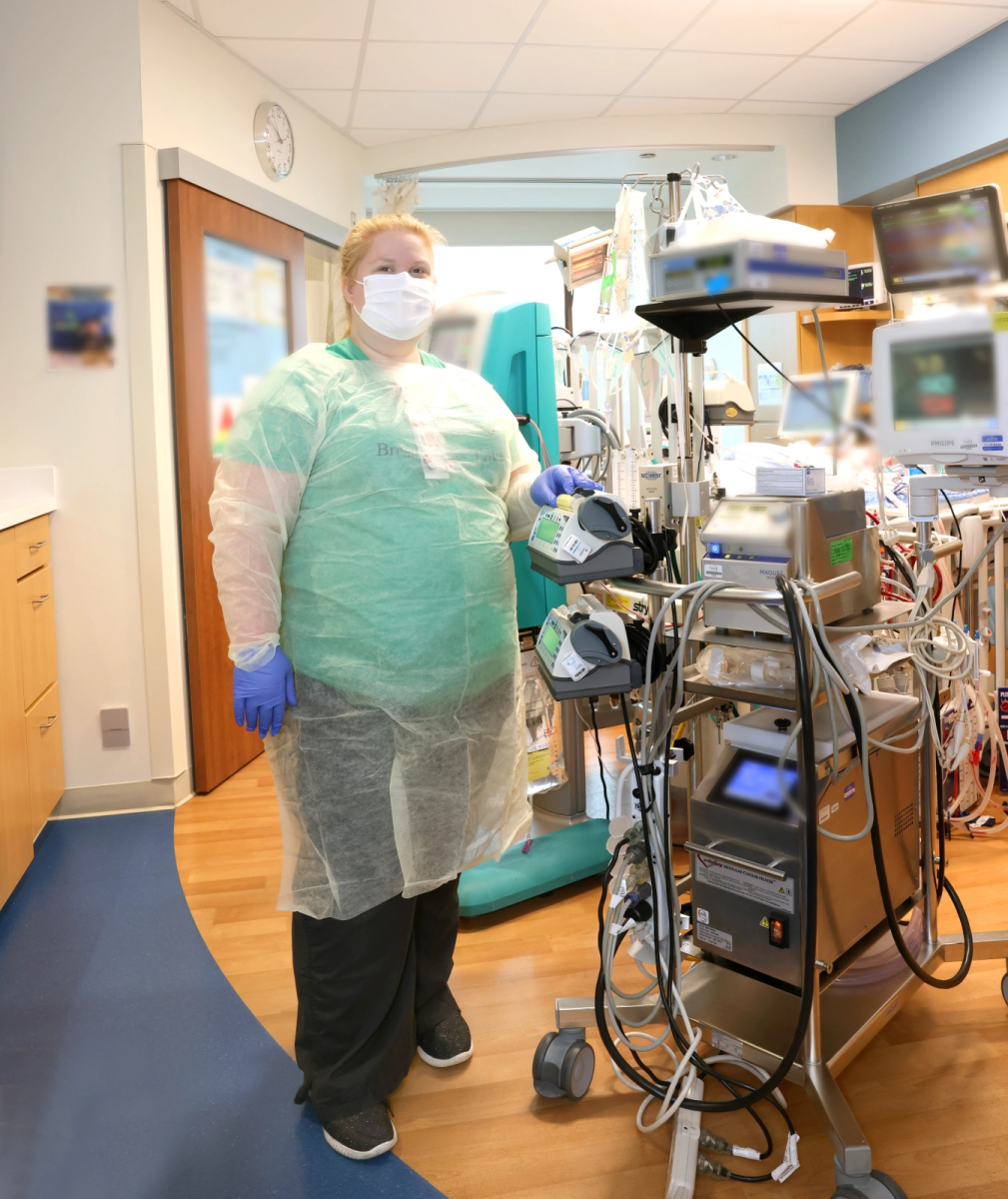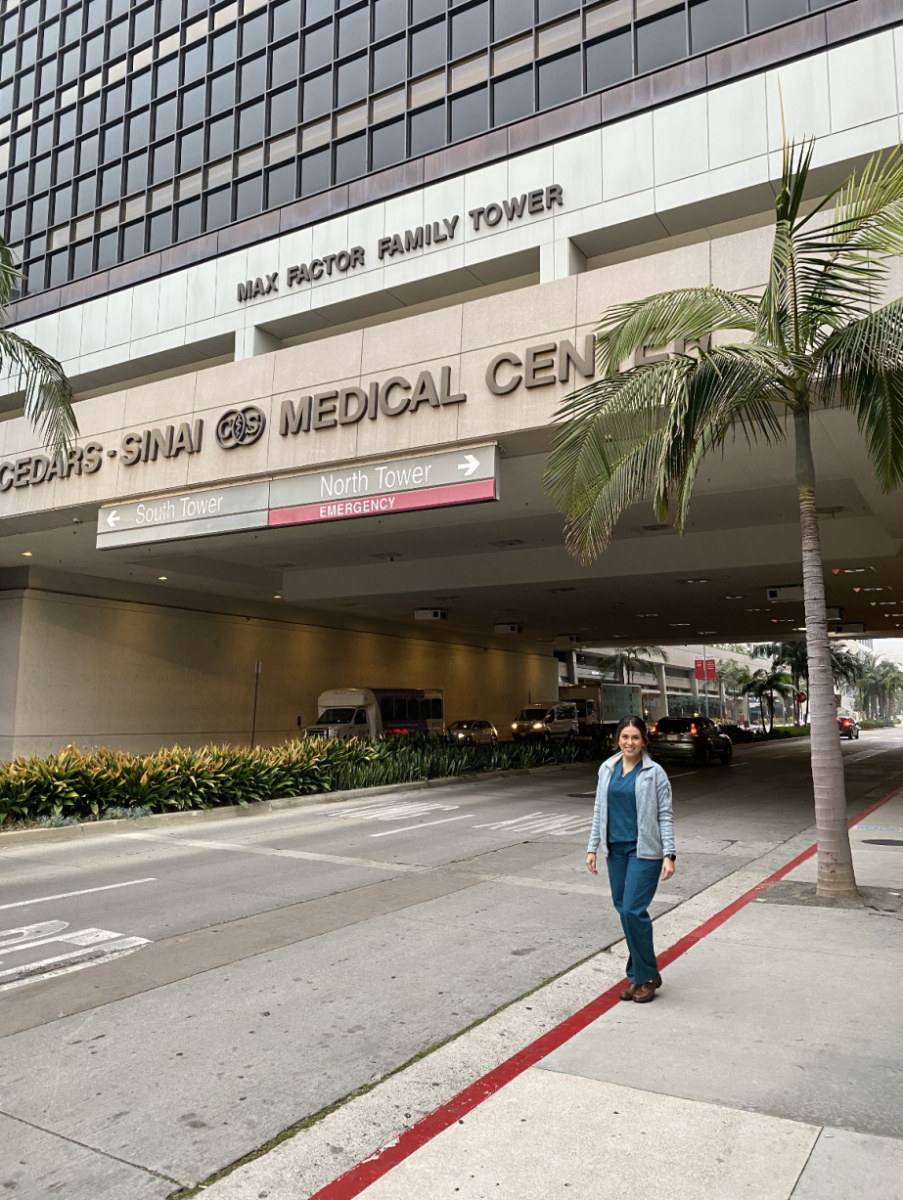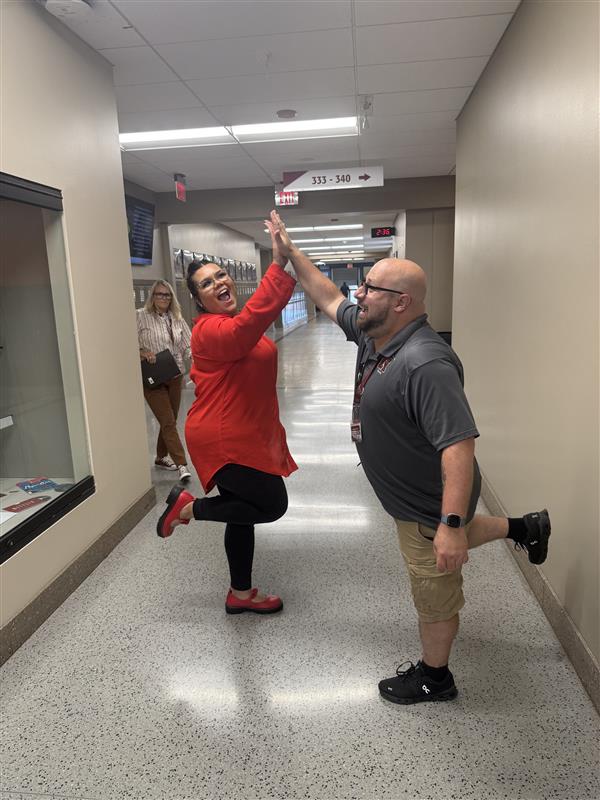Trauma and PTSD are very common: about ninety percent of adults in the US have experienced trauma at least once in their life, which could come with daily struggles.
People with trauma may experience depression, anxiety, anger, intense fear, dissociation, flashbacks, paranoia, etc., in their daily lives. Trauma makes the body’s HPA axis more sensitive, which is like the nervous system, this makes the brain more reactive to stress which can increase the cortisol hormone.
“Trauma [messes] up your brain, it changes the way you think about everything, everything you do from that moment on, your routine has changed,” [College Student, 19] said.
Trauma is considered to be a negative memory someone has; these intense and significant memories can be triggered by internal or external triggers like flashbacks, emotions, objects, smells, music, or even places.
“Every day I’m reminded of my trauma it’s in the back of my head, sometimes I could see a cigarette, beer bottle or something that reminds me of that person that passed away, and it’s a reminder that what happened, happened,” [College Student, 19] said.
Often, people can also be reminded of their trauma when listening to a certain song, music is linked to our emotions due to the concept called state dependent memory which is when our brain connects material to a particular time which is then remembered/relived when experiencing that material again.
“Music is very powerful, when you start listening to specific songs that hold a meaning, people tend to relate to them. If you’re listening to a very depressing song about the past, it can correlate with a lot of people and some music can have a different sensation of memories and bring flashbacks,” Social worker Luis Castanon said.
Indirect effects of trauma can lead to unhealthy tendencies like smoking and drinking alcohol or using other drug substances, which will only lead to bad habits and temporarily numbs the emotions while still extending the impact of that trauma to your mind and body, it doesn’t effectively deal with your emotions.
“Using a negative coping skill to imminently forget about that trauma is easier than having healthy coping skills when your more aware of it and internalizing it all at once, it could be problematic, because someone going through a significant amount trauma doesn’t want to recount those days; alcohol is a depressant so it makes you feel mellow, alcohol and drugs tend to make you forget about certain things, the drug is just taking over your mind and body,” Castanon said.
To cope with trauma, the best option is to talk to a mental health professional and seek therapy, although therapy seems like the best solution it’s not always that easy, there are factors that go into preventing someone from it like having low income making it hard to afford the resources they need, or maybe feeling shame and not taken seriously when opening up to people, or just the fact that it may feel like too much work.
“[Therapy] is limited in certain area and communities, some clinical therapists are working for private institutions or are only accepting better insurances, which is something maybe a low income household can’t afford, now they would have to go to a community where everyone is trying to seek therapy and there’s a long waiting list; it’s easy to look for therapy but less accessible for people to get,” Castanon said.
If someone is unable to get professional mental help and wants to find self-help coping mechanisms they should first try to identify what triggers they have and write a list down, start expressive writing like journaling thoughts and feelings, grounding techniques to keep them present in time, or try getting on proper medication, also creating trust and safety bonds with peers that can help throughout the healing journey.












